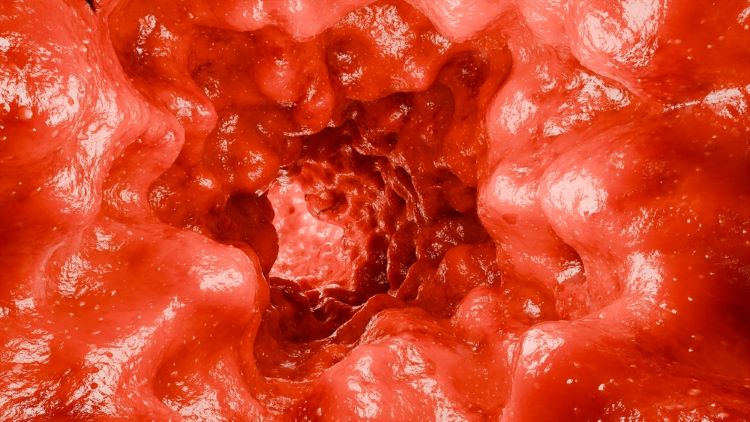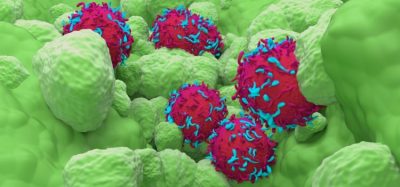Antibody drug has promise as “next frontier” in inflammatory bowel disease
Posted: 18 December 2024 | Catherine Eckford (European Pharmaceutical Review) | No comments yet
With its best-in-class potential, the biologic could provide a new treatment option for patients with inflammatory bowel disease (IBD), say Teva Pharmaceuticals and Sanofi.


The first randomised, placebo-controlled study to evaluate the impact of an anti-TL1A monoclonal antibody (mAb) in Crohn’s disease has demonstrated for high dose the highest achieved primary endpoint results in ulcerative colitis and Crohn’s with any TL1A mAb. The Phase IIb RELIEVE UCCD study evaluated the human IgG1-λ2 monoclonal antibody duvakitug (TEV’574/SAR447189), which targets TL1A. Participants had moderate-to-severe inflammatory bowel disease (IBD), namely ulcerative colitis and Crohn’s disease.
Best-in-class potential
In the Phase IIb study, 36.2 percent (low-dose) and 47.8 percent (high-dose) of patients with ulcerative colitis treated with duvakitug achieved clinical remission, Teva Pharmaceuticals and Sanofi shared.
This is in comparison to 20.45 percent who were given placebo. In this cohort at week 14, clinical remission for low dose was reported to be 15.7 percent and 27.4 percent for high dose.
For patients with Crohn’s disease, at week 14, 26.1 percent (low-dose) and 47.8 percent (high-dose) of participants attained endoscopic response compared to 13.0 percent on placebo, 13.0 percent (low dose) and 34.8 percent (high dose), the pharmaceutical companies reported.
“These unprecedented [Phase IIb] results show that duvakitug could represent the next frontier in treating ulcerative colitis and Crohn’s disease”
“These unprecedented results show that duvakitug could represent the next frontier in treating ulcerative colitis and Crohn’s disease. If the magnitude of effect persists in the Phase III programme, we believe we will have a differentiated medicine for IBD patients who are in urgent need of new options,” remarked Dr Houman Ashrafian, PhD, Executive Vice President, Head of R&D at Sanofi.
Detailed findings of this study are set to be presented at a scientific forum in 2025, according to Sanofi and Teva.
Teva and Sanofi’s duvakitug partnership
In a collaborative effort to develop Teva’s duvakitug as a treatment for ulcerative colitis and Crohn’s disease, Sanofi will lead the Phase III clinical development programme. Teva is set to lead commercialisation countries such as Europe and Israel. Additionally, Sanofi will lead commercialisation in North America, Asia and the rest of the world.
Related topics
Antibodies, Big Pharma, Biologics, Biopharmaceuticals, Clinical Development, Clinical Trials, Data Analysis, Drug Development, Drug Safety, Industry Insight, Research & Development (R&D), Therapeutics
Related organisations
Related drugs
biologic, duvakitug (TEV’574/SAR447189), monoclonal antibodies (mAbs)
Related people
Related diseases & conditions
Crohn's disease (CD), inflammatory-bowel disease (IBD), Ulcerative colitis (UC)









